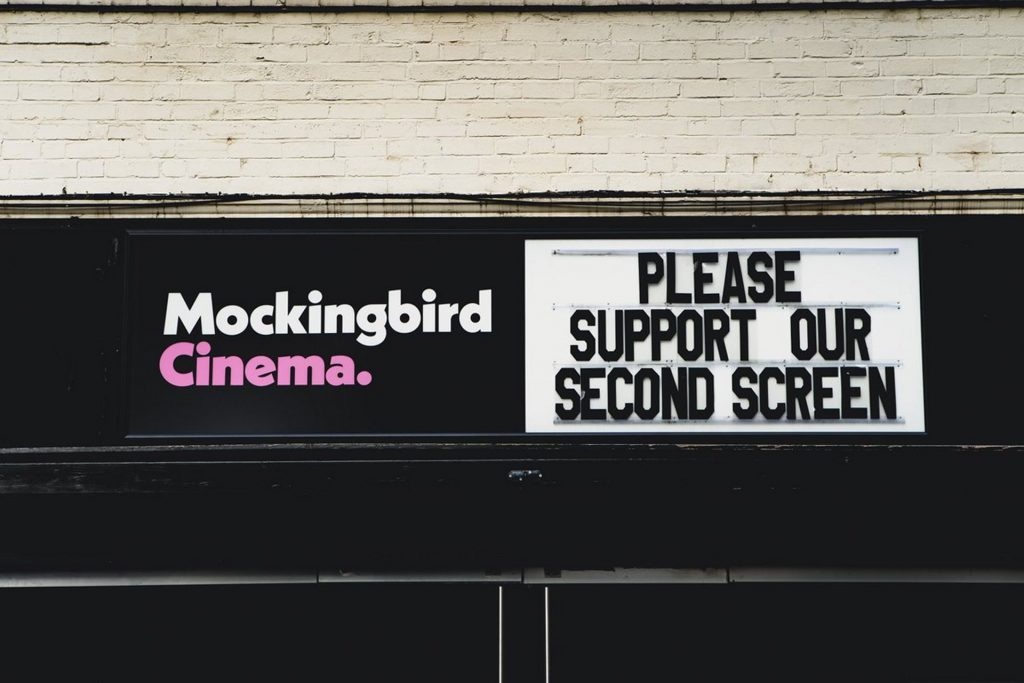
When future historians emerge from their bunkers and turn their radiation-infused spectacles back to the pandemic, I’m sure they’ll see the summer of 2021 as a real highlight. The Covid vaccine rollout was going from strength to strength; the economy was bouncing back far better than expected; the average temperature was somewhere below that needed to air-fry an egg, and there was something to see at the damn cinema.
Oh, we were spoiled back then. As schools broke for summer in mid-July, childcare-stricken parents could be safe in the knowledge that, should a rainy afternoon emerge, they could pack their extended family into a people-carrier and pootle down to the local multiplex to see any of a number of family blockbusters. In the Heights, Jungle Cruise, Free Guy, Black Widow, F9, even Space Jam: A New Legacy peppered the summer months with enough Fortnite-friendly content to keep the least-cohesive family unit in deluxe recliner seats.
Fast forward to summer 2022. Jurassic World: Dominion started the ball rolling back at the start of June. Minions: Rise of Gru arrived in July, quickly followed by Thor: Love and Thunder. And that’s… about it. No wonder Top Gun: Maverick is happily enjoying its 12th consecutive week in the top ten when everything else is running from it like a jet-fueled pangolin. The release schedule for August in particular looks about as barren as Regent’s Park right now, as if cinemas have conspired to keep the masses out of their temptingly air-conditioned screens.

The Mockingbird Cinema in Birmingham
There’s been Bullet Train and Nope, of course. But their foreboding 15 certificates are hardly any help when a family of five wants an afternoon out of the sun. In a similar vein, anyone who can get a nine-year-old to sit through a 159-minute Elvis biopic deserves nothing but praise. The truth is, the industry seems to have dropped the ball this summer season, and, looking at the 2021 box office, it’s depressingly easy to see why.
Using the age-old a-film-needs-to-make-twice-its-budget-to-make-a-profit formula, of all the 2021 hits we just mentioned, F9 and Free Guy were the ones to end their runs at the multiplex in the black. Even Black Widow, a $200 million Marvel flick with an original Avenger at the helm, struggled to break even. A cursory glance at the figures suggests a family day out at the pictures isn’t the guaranteed money-maker it once was. No wonder studios are running scared.
And, sadly, as cinemas look to rely increasingly on a small number of mega-blockbusters to get bums on seats, it doesn’t look like this trend will be reversing any time soon. By packing all their eggs into a tiny number of baskets, the mid-budget family blockbuster might just be a thing of the past. When streamers like Disney+ can beam a plethora of child-friendly content directly into our homes, the prospect of dragging everybody to the cinema seems less and less inviting.
This move to ‘event’ cinema may be all well and good for the studios, who can always shift their wares onto a streaming service, but for the cinemas themselves, massively fluctuating attendance brings its own problems. This morning Cineworld announced recent cinema admissions had been below expectations in the last quarter, a problem they said was specifically “due to a limited film slate that is anticipated to continue until November 2022.” Meanwhile, a London cinema manager told Whynow that quieter film slates have directly resulted in reduced payroll hours for staff, an issue which could have serious impacts on employee retention if the drought continues.
The studios seem to have learnt the wrong lesson from 2021. Covid-hesitancy and fears of big crowds aren’t what they were, and the success of recent Marvel offerings and Top Gun: Maverick proves it is possible to get the whole family back into the cinema for the right film; Hollywood just need to make the right film more often. Perhaps the current lack of cinematic family offerings is down to studios playing a simple numbers game, or perhaps they’ve just forgotten how to make them. But if the cinema industry is going to survive, they’d better remember how, and sharpish.


